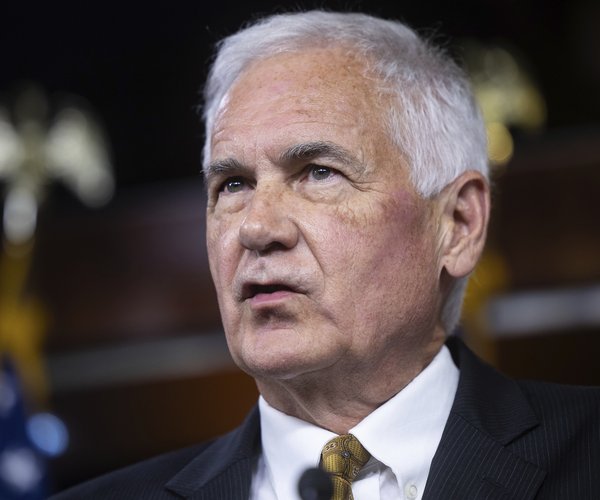Dr. Vivek Murthy, the U.S. surgeon general, recently called on the nation to “shift in culture, policies, and programs to ensure all parents and caregivers can thrive.”
As the political discourse heats up, the White House is leveraging its political appointees to address issues that profoundly affect families across America. However, this is a prime example of where rhetoric falls short. What we need are not just discussions, but concrete policy changes that can make a real difference in the lives of caregivers. The time for action is now.
The data on caregiver challenges is clear. Many, if not most, caregivers are chaos managers trying to juggle caring for multiple family members. They awaken every morning knowing that the White House, Congress, and many state officials have failed them.
Dr. Murthy seems to overlook the urgency of the caregiver crisis. These problems are not new and are escalating as the economy tightens its grip on families of all ages. More political rhetoric won’t solve these fundamental problems. We urgently need immediate, tangible solutions, not more press releases from Washington, D.C. It’s time for action, not just words.
Today, nearly 17% of Americans provide unpaid care to adults over 50, with women making up more than 75% of this group. These caregivers dedicate 24-37 hours a week to caregiving tasks, paralleling a full-time job.
With the majority of caregivers being women, many make the heart-wrenching decision to leave their jobs to care for an aging spouse, parent, or disabled family member.
The financial toll on caregivers, particularly women, is staggering. A 2020 report from the American Association of Retired Persons revealed that caregivers forfeit an average of $237,000 in lifetime earnings, leading to a 20% reduction in social security and retirement benefits. These sacrifices are not just numbers; they represent years of zero Social Security and 401(k) contributions, no accumulated paid vacation time, no contributions to a savings account or a family rainy day fund, and no salary for the work they do every day. Despite their herculean tasks, caregivers are left financially devastated when they consider retirement, which should deeply concern us all.
A 2023 study from Guardian Life found that 41% of caregivers report low physical, mental, and financial well-being compared to 31% of non-caregivers. Caregivers often work in isolation 24/7/365. And while Dr. Murthy knows this, the White House response is just another headline. While the Biden/Harris administration talks about solutions, their partners in crime, a bipartisan Congress, share in the guilt.
The economic pain is evident here in the Central Valley, where agriculture drives the economy. More than 75% of public school students get complimentary breakfast and lunch. The price of gas, a gallon of milk, and a loaf of bread are crippling working families. When you add the costs of other needed family staples, you find families working multiple jobs to stay even. Sadly, inflation has eaten away or destroyed any economic security they might have had.
To combat the economic challenges caregivers face, Legacy Health Endowment partnered with the Turlock City Council and Carelinx to offer residents caring for aging or disabled family members 30-plus hours a month of free respite care and homemaker services.
For families with employer-provided insurance, Legacy recently launched a free telehealth program for adults (to combat the cost of high-deductible health plans) to ensure parents don’t ignore their healthcare.
The EMC Health Foundation also created a $2 generic medication and $2 insulin program to help local families with employer-provided insurance access needed medications.
Many caregivers experience burnout due to the stress of caring for themselves and their loved ones. The symptoms of caregiver burnout mirror anxiety and depression, leading to isolation, exhaustion, loss of interest in activities, detachment from the act of caregiving, and physical health problems for both the caregiver and the care recipient. As a result, when the caregiver is experiencing burnout, they are more likely to place the care recipient in a long-term care facility.
The U.S. surgeon general and the White House tell us, “The American public can do more to support parents and caregivers by shifting norms to foster a culture that values, supports, and empowers parents/caregivers and addresses stressors that can impact their mental health and well-being.”
Maybe Dr. Murthy needs a dose of cod liver oil and a wake-up call to stop talking and start doing.
Working families are suffering. In times like these, Congress and the White House should solve problems, not blame one party or the other.
Real problems call for real solutions, like what Turlock is doing.
— Jeffrey Lewis is President of Legacy Health Endowment and the EMC Health Foundation in Turlock. The views expressed are his own.




